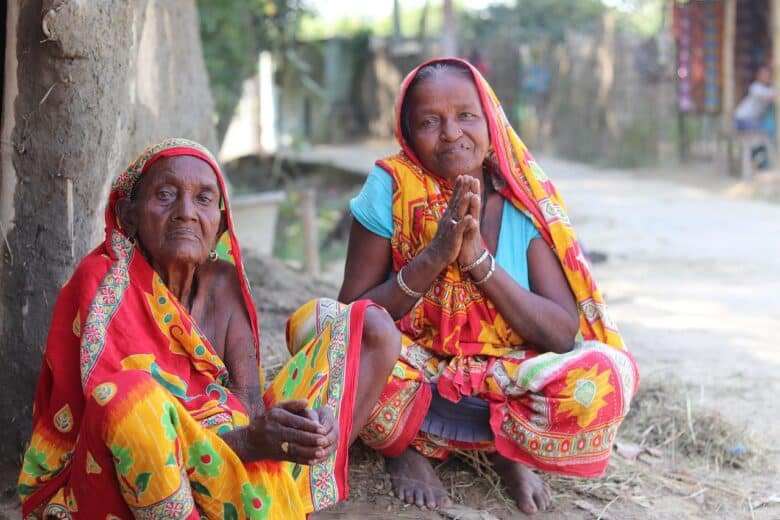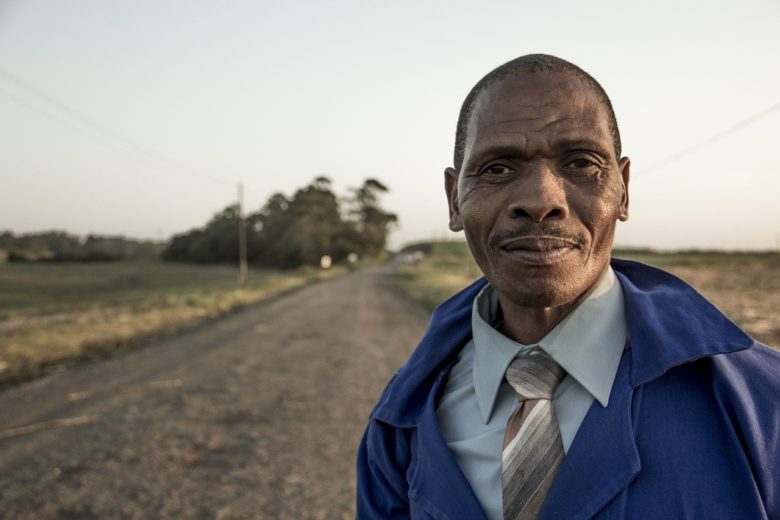“I must be doing something wrong,” she thought. They had been working for almost ten years in a restricted access nation. They’d pressed through to learn the language, worked hard to build relationships and led a few people to the Lord. Talking with a key church planting movement mentor she asked, “What are we doing …
To see rapid, rabbit-style reproduction of disciple makers, one must depend heavily on the Holy Spirit. Many of us lean too much on our own skills and experience as we train disciples. The Holy Spirit lives within even the newest of believers.
Meeting in a house, coffee shop, or factory lunchroom naturally lends itself to a small size where everyone has a chance to participate. Each person is given time to answer discussion questions. When everyone participates, everyone is discipled and grows. Each person is accountable for obedience and putting what is studied into practice. Relationships go deeper. When you begin to meet in a church or building, this changes
Fear restricts, love releases. If you love those you lead and train, you will release them. You’ll take risks of faith, believing in the Spirit of God within trainees to make wise choices. Image credit: https://www.sawinery.net/
She finished serving tea to everyone, then settled herself comfortably on the floor. Opening her Bible, she read a line then began the story. It took about three minutes to tell. She then told it once again and set out to make sure every woman there could repeat it. Discussion followed.
It was incredibly simple. It had a great impact.
As we see from the two stories above, not all people and not all groups will be sustainable. Jesus told his disciples this parable because He didn’t want them to be dismayed when groups fell apart or people lost interest. We need to persevere and keep sharing.
But if you want to develop, to leave the legacy, to see our work continue, we need to spend time with people. So like here for Paul is telling Timothy. And Timothy, you need also to find some people whom we can trust faithful people. And, you know, to find faithful people, it takes the Holy Spirit.
Some years ago, I met with someone for a coaching call. They told me, “A brother I am working with is excited about DMMs and wants to train many others in this. The problem I see, though, is he rarely shares the gospel with those in his neighborhood or life.” Probing a bit further, I discovered a common problem. Many of us are better theorists than we are practitioners.
Thousands of new churches rapidly starting…a Jesus movement sweeping through…bringing transformation! Our hearts are stirred. We want to be a part. “It would be so amazing if that could happen in my area,” we think. After a few months (or years) of effort, things may not be happening quite as you expected. You’ve prayed, fasted, …
Many people get excited about the idea of Disciple Making Movements (DMMs). The reality is that only a few see them actually take place in their ministry and locations. This is not because they are impossible. It is not because they are not on God’s heart to release. Why don’t movements happen more often? There …









